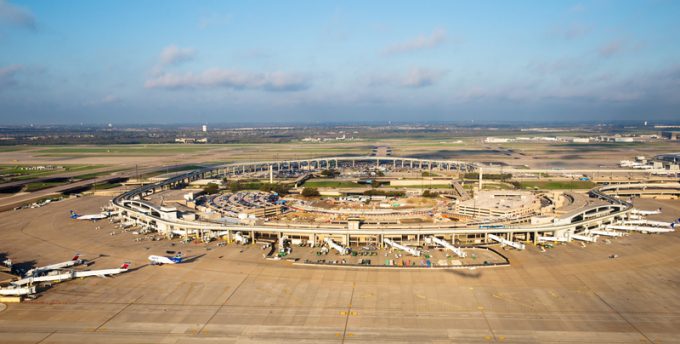Formalised entry – the ecommerce conundrum facing the US
Formalising ecommerce shipments into the US is “not if, but when”, as current cross-border traffic ...

Community platforms for air cargo are on the rise at major US airports: Dallas/Fort Worth is the latest set to sign a contract for a system and Miami has similar plans.
The board of directors of DFW has given the green light for a contract to establish a cargo community system (CCS) via an initial agreement, with a ceiling of $447,430 that will run for two years, with options to renew for three additional one-year periods.
John Ackerman, executive vice-president, global strategy ...
USTR fees will lead to 'complete destabilisation' of container shipping alliances
Outlook for container shipping 'more uncertain now than at the onset of Covid'
Flexport lawsuit an 'undifferentiated mass of gibberish', claims Freightmate
Shippers warned: don't under-value US exports to avoid tariffs – 'CBP will catch you'
Cancelled voyages take the sting out of spot rate declines this week
New Houthi warning to shipping as rebel group targets specific companies

Comment on this article